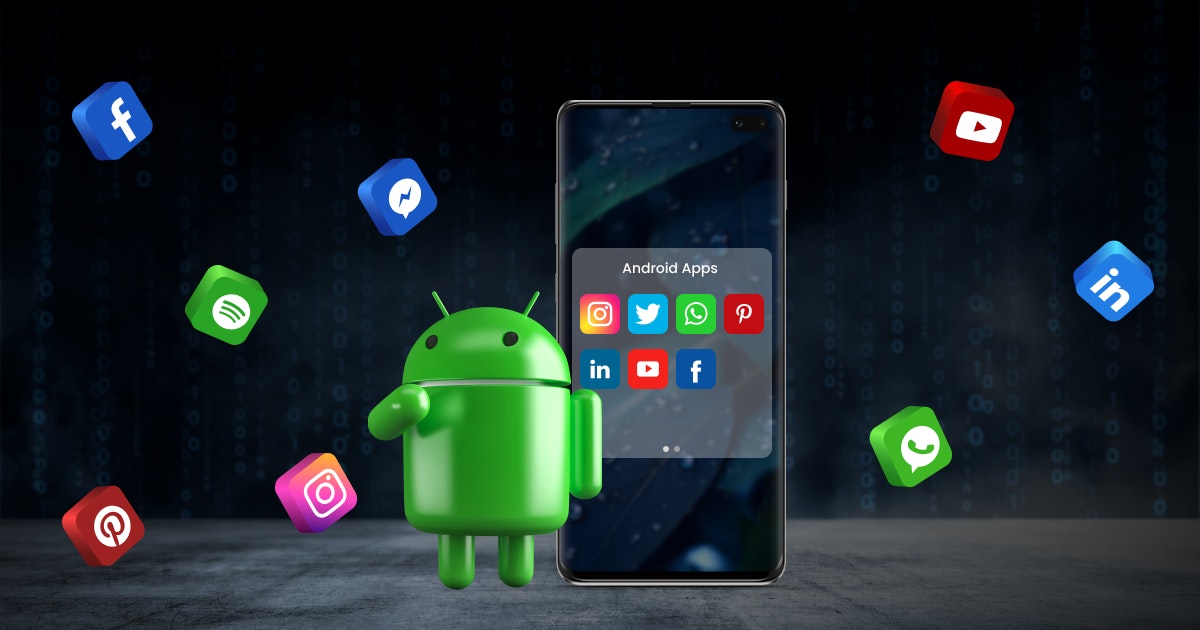views
Choosing Between Web, Native, and Hybrid Apps: What’s Best for Your Business?
In today’s digital-first landscape, the mobile and web presence of a brand plays a defining role in its ability to connect with customers and deliver meaningful value. But before you jump into the design and development phase, one of the most strategic decisions you'll face is choosing the right type of application: Web, Native, or Hybrid. This decision will significantly impact everything from user experience and performance to development costs and time to market.
As experts in Application Development Solutions, we’ve seen businesses succeed—or struggle—based solely on this architectural choice. This article breaks down the nuances of each app type to help you make the most informed decision.
Understanding the Fundamentals: Web, Native, and Hybrid Apps
Before diving into comparisons, let’s clarify what each application type means from a technical and business standpoint.
Web Applications
These are responsive websites that function like apps but run entirely in a web browser. Built using HTML, CSS, and JavaScript, web apps are accessible on any device with an internet connection—no downloads necessary.
They are best suited for:
- Content-based platforms
- Lightweight tools
- Businesses looking for quick deployment and broad accessibility
However, they often lack access to native device features and can underperform in terms of speed and offline usage.
Native Applications
Native apps are built for a specific operating system—iOS or Android—using platform-specific languages like Swift, Objective-C (for iOS), or Kotlin and Java (for Android). These apps offer superior performance, full hardware integration, and the best user experience.
They are ideal for:
- High-performance gaming
- Augmented reality
- Fintech and health apps require high security and device access
The downside? Separate development for each platform means higher cost and longer time to market.
Hybrid Applications
Hybrid apps combine elements of both web and native apps. They are built using frameworks like React Native or Flutter and wrapped in a native shell. This allows them to be deployed across multiple platforms with a shared codebase.
They work well for:
- Startups and SMEs with limited budgets
- MVP (Minimum Viable Product) development
- Apps with moderate hardware integration needs
While hybrids offer cost-efficiency, they may sacrifice some performance and platform-specific polish.

Performance, UX, and Cost: A Practical Comparison
To make a strategic choice, you need to understand how each app type stacks up across critical factors.
1. Performance
Native apps lead in speed and responsiveness since they’re optimised for specific platforms. Web apps can lag with complex interactions, and hybrid apps offer decent but not elite performance.
2. User Experience (UX)
Native apps provide the most seamless UX, adhering to each platform’s design guidelines. Hybrid apps can mimic native design, but subtle interactions might feel off. Web apps offer uniform UX but lack the deep polish of native interfaces.
3. Development Time and Cost
Web apps are quick and cost-effective to build. Hybrid apps strike a balance by using a single codebase for multiple platforms. Native apps, however, require platform-specific code, inflating both time and budget.
Tip from the field: Many companies use web or hybrid apps for the initial launch, then transition to native once traction is gained.

Choosing the Right Fit Based on Your Business Use Case
Selecting the right app type should not be a generic decision—it must be guided by your business needs, resources, and growth goals.
Choose Web Apps If:
- You need fast, cost-effective deployment.
- You’re focused on content delivery or forms.
- You expect usage across desktops and mobile browsers.
Choose Native Apps If:
- You need top-tier performance and security.
- Your app requires deep integration with the camera, GPS, Bluetooth, etc.
- You’re targeting a specific user base (like iOS users only)
Choose Hybrid Apps If:
- You want to enter the market quickly with moderate resources.
- Your app doesn’t rely heavily on hardware integration.
- You need cross-platform compatibility from day one.

Strategic and Technical Considerations That Often Get Overlooked
When working with clients in Custom Application Development, we often highlight hidden costs and long-term implications that many overlook:
- Scalability: Native apps handle scaling more effectively as your user base grows.
- Maintenance Overhead: Hybrid apps need frequent compatibility updates due to third-party dependencies.
- Security Requirements: If your app deals with sensitive data, native is often the safest bet.
- Development Talent: Web developers are more readily available than experienced native or hybrid developers, but choosing the wrong talent can lead to technical debt.

The Role of Application Development Services
Whether you're building from scratch or replatforming, engaging with experienced Application Development Services can drastically reduce risk. These teams bring in:
- Architecture planning based on scalability and performance needs
- Design alignment to match platform-specific UI/UX standards
- Quality assurance across device types and OS versions
- Ongoing support post-launch to ensure reliability
Working with Expert App Developers not only speeds up the process but also helps avoid costly rebuilds in the future.
Real-World Lessons: Case Examples
- A fitness startup initially launched a hybrid app using Flutter. As their user base expanded, performance limitations and delayed access to new Android APIs pushed them to rebuild using native code for Android and iOS. The result? A 40% improvement in user retention.
- A local government portal used a web app to roll out emergency information during a pandemic.





Comments
0 comment